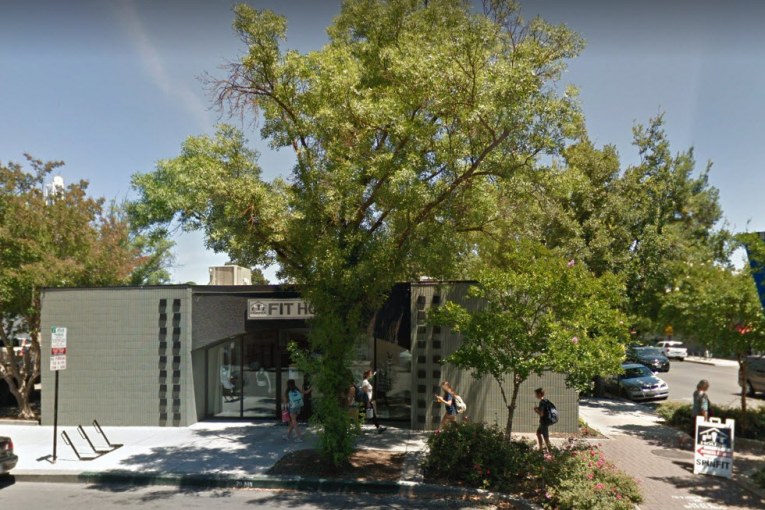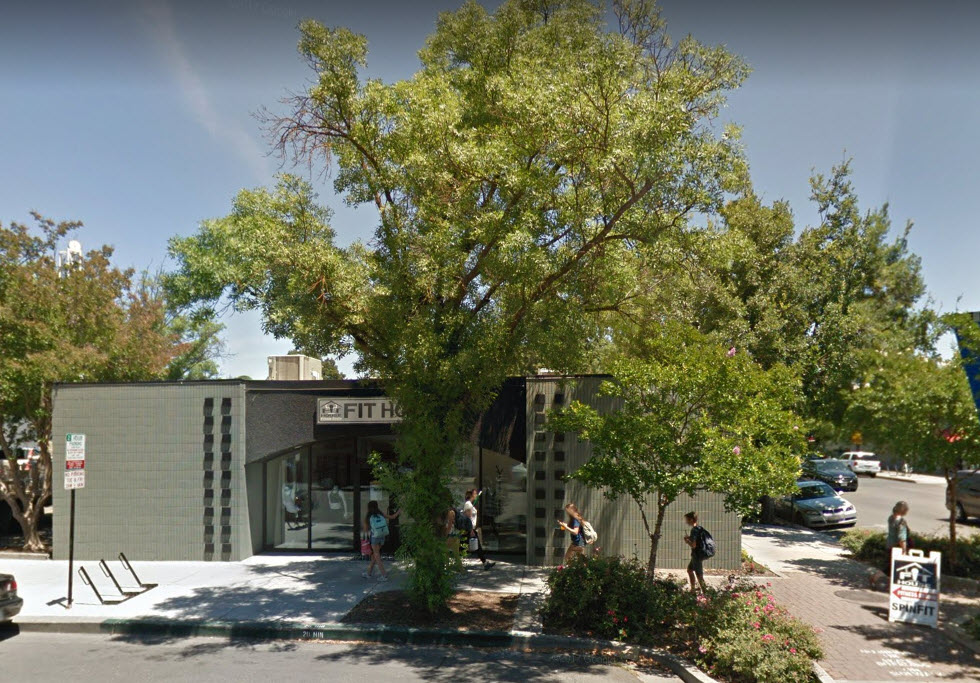

What appeared to be a solid piece of editorial work for the local paper now appears to be a conflict interest that was undisclosed to its readers.
In our article yesterday on the proposed fitness center at Cannery, the Davis Enterprise issued a blistering editorial. It seemed like an interesting word choice to call it, as they did, “Bait and switch at the Cannery.”
“Bait and switch” implies more than what is probably going on here. But it is fair to call the fitness center proposal “a radical change.”
The Enterprise notes: “The new gym would be 36-percent larger than any other in town, much bigger than anything Cannery residents could keep solvent on their own. What was meant to be a neighborhood retail space, to serve the needs of locals and keep the neighborhood walkable, instead will attract gym members from all over Davis.”
The editorial continues: “Davis has a clear vision for its commercial space: to concentrate it downtown and along freeways, supplemented by smaller-scale neighborhood shopping centers. A large-scale fitness gym in the middle of a residential area would shatter that pattern, and pull customers away from downtown, which is facing its own challenges as it is.”
The problem is that the Davis Enterprise is not a disinterested party here. The problem is that they are not.
It would seem that the owners of the Davis Enterprise have both a personal and financial stake in this issue. They own the building at Third and G Street in Davis which hosted their former printing 
facility and which is now rented by the FIT House.
Moreover, as noted in a recent article in the Enterprise, the FIT House owners include Blanche McNaughton (link). A standard clause of news departments and editorial staffs in the newspaper industry is to avoid “conflicts of interest or an appearance of a conflict.”
For instance, the Washington Post has a policy on conflict of interest: “This newspaper is pledged to avoid conflict of interest or the appearance of conflict of interest, wherever and whenever possible. We have adopted stringent policies on these issues, conscious that they may be more restrictive than is customary in the world of private business.”
For NPR, “To secure the public’s trust, we must make it clear that our primary allegiance is to the public. Any personal or professional interests that conflict with that allegiance, whether in appearance or in reality, risk compromising our credibility. We are vigilant in disclosing to both our supervisors and the public any circumstances where our loyalties may be divided – extending to the interests of spouses and other family members – and when necessary, we recuse ourselves from related coverage.”
The editorial contained no disclosure of the potential conflict between the publishers and their position on the issue of the fitness club. They included no acknowledgement to the reader about a potential conflict of interest.
The bottom line is that if LA Fitness comes to the Cannery, and people end up going to LA Fitness and giving up on local businesses, the McNaughtons, who are the publishers of the Enterprise, stand to lose some money.
That may not be what drove the editorial – there are certainly many valid reasons to oppose the project. However, the appearance is one of a conflict, and the newspaper needed to be more diligent in disclosing that.
—David M. Greenwald reporting


Conflict of interest can have a very gray area. For instance, is it conflict of interest when a council member or their family own a business in town and vote for housing development that will bring in more residents/customers to town? Is it conflict of interest when a town’s newspaper or blogger advocate for more housing that will bring in more eyes to read their product? It can be a slippery slope.
Keith – Conflict of interest can involve gray areas, but the two examples you offer are not among them. In neither instance is the interest direct and material. And in neither instance is the interest different from that of the public (or the business community) generally. The conflict that is the subject of the article, on the other hand, is much more clearcut.
You are correct… but if you are a government employee at a certain level (usually defined by ordinance, or agency bylaws), or an “elected” it is much clearer… see http://www.fppc.ca.gov/
For 33 years, I have been a ‘mandatory reporter’ and have needed to fill out and submit Form 700… yet, no big deal, as I always knew, in my gut, when I wanted there to be no question if I had either a moral or legal conflict of interest…
As to “legal”, it is pretty clear… when it applies… the moral part is different… but it does go to integrity and trustworthiness… that is where the true ‘slippery slope’, either way, lies…
Legally, it is pretty clear what constitutes a potential or actual COI … newspapers and bloggers don’t fall into the legal category… WRH perhaps said it best, “all the news that’s fit to print”, meaning anything that isn’t flat out illegal and sells papers (or “hits”).
BTW, I’m in large agreeing with you on this, Keith, as to “slippery slope”.
Oh Howard, thanks for pointing that out, it makes me feel all warm and fuzzy inside.
The NYT has its own conflict of interest policy, I Used NPR and Washington Post, but theirs is similar.
Obviously those three news outlets you cite don’t count political bias as a conflict of interest.
Aside from the point, but they actually have addressed that issue in their polcy